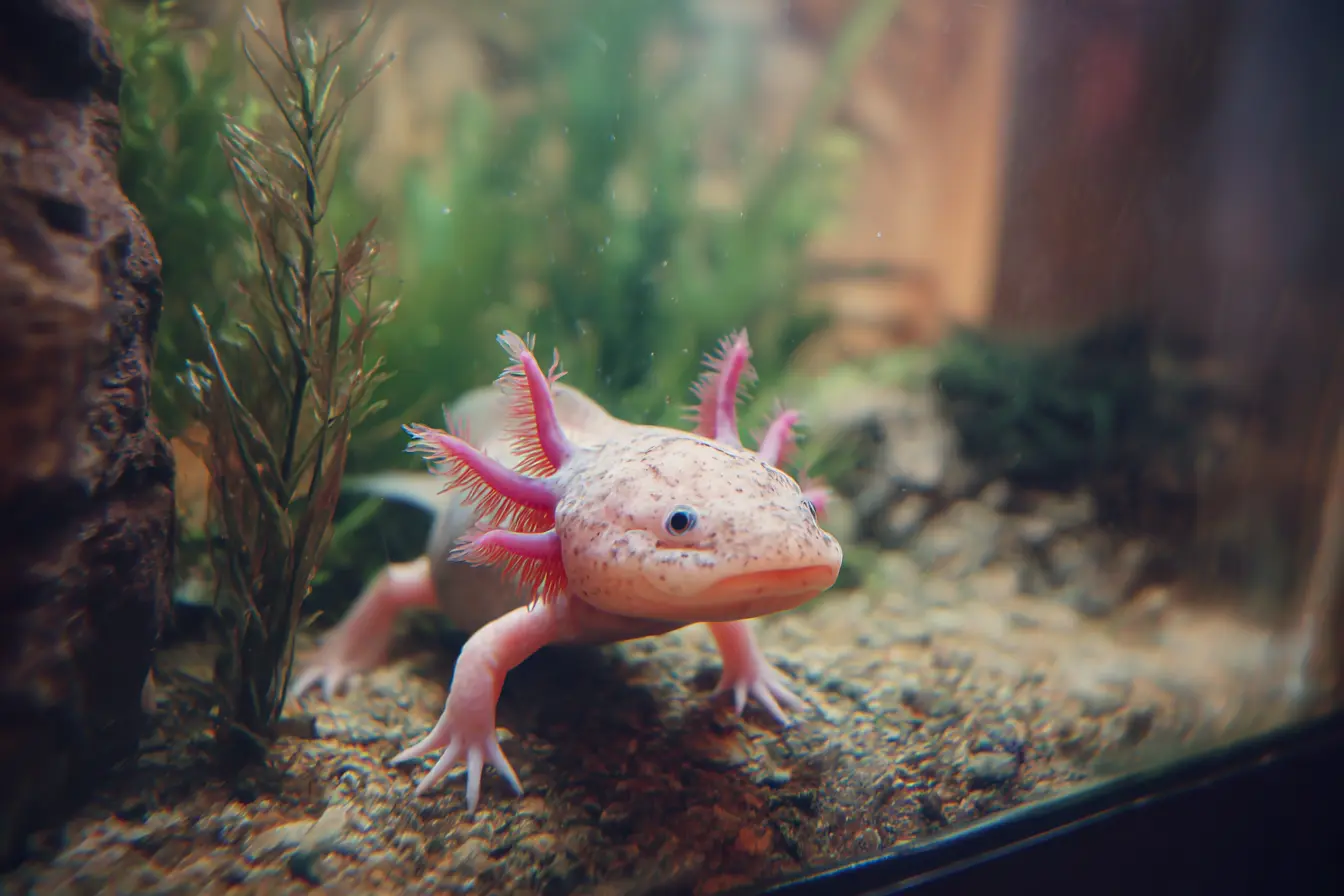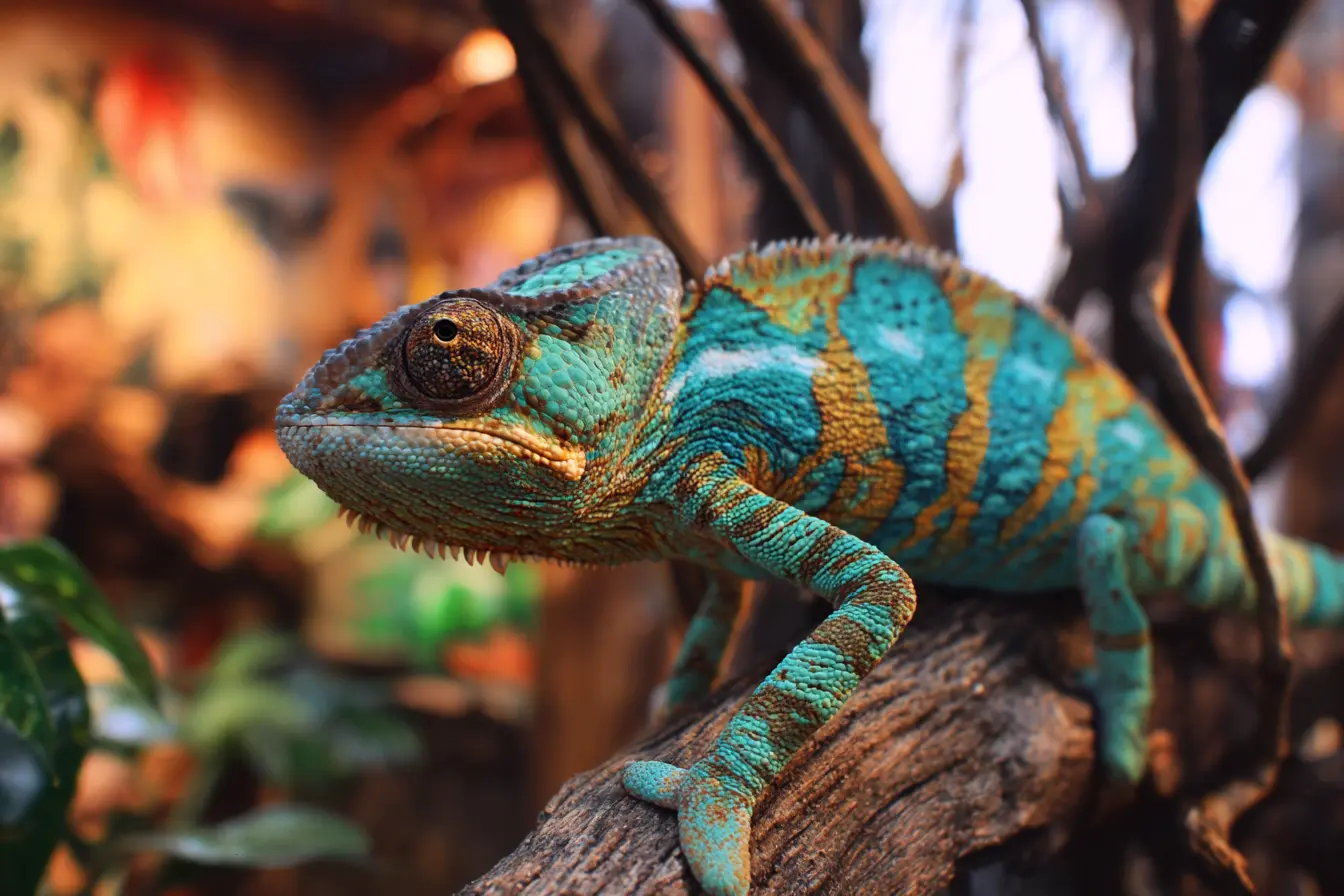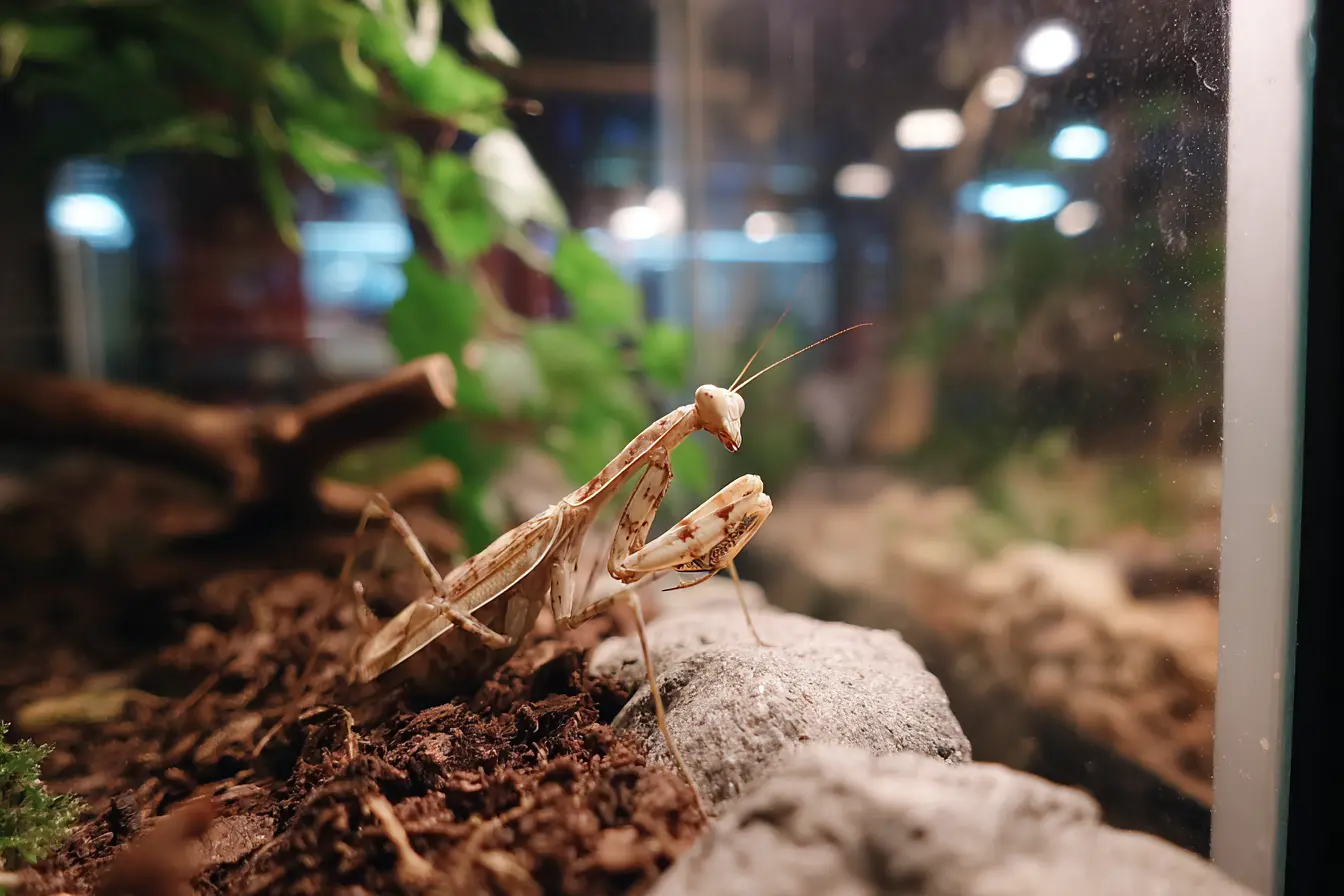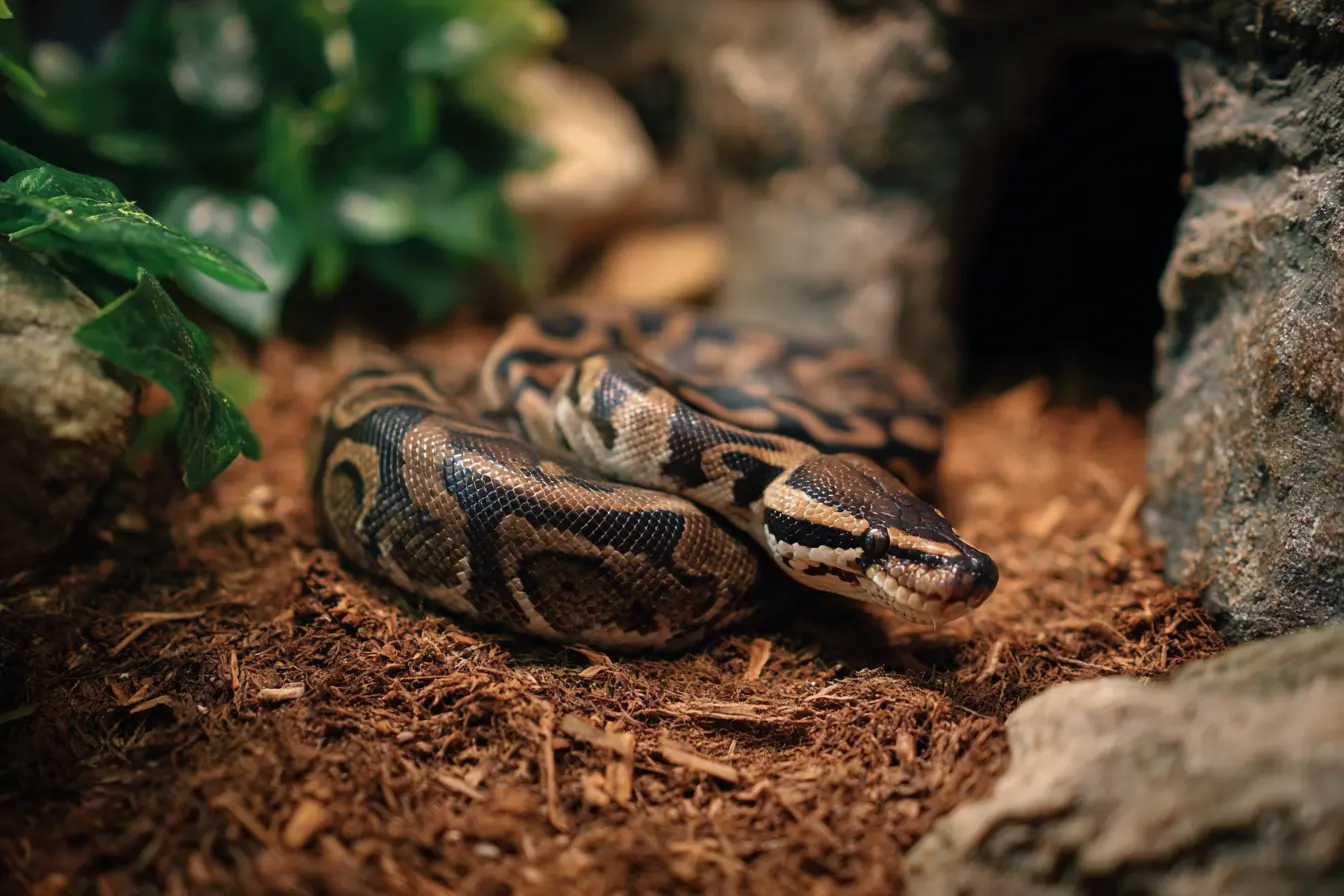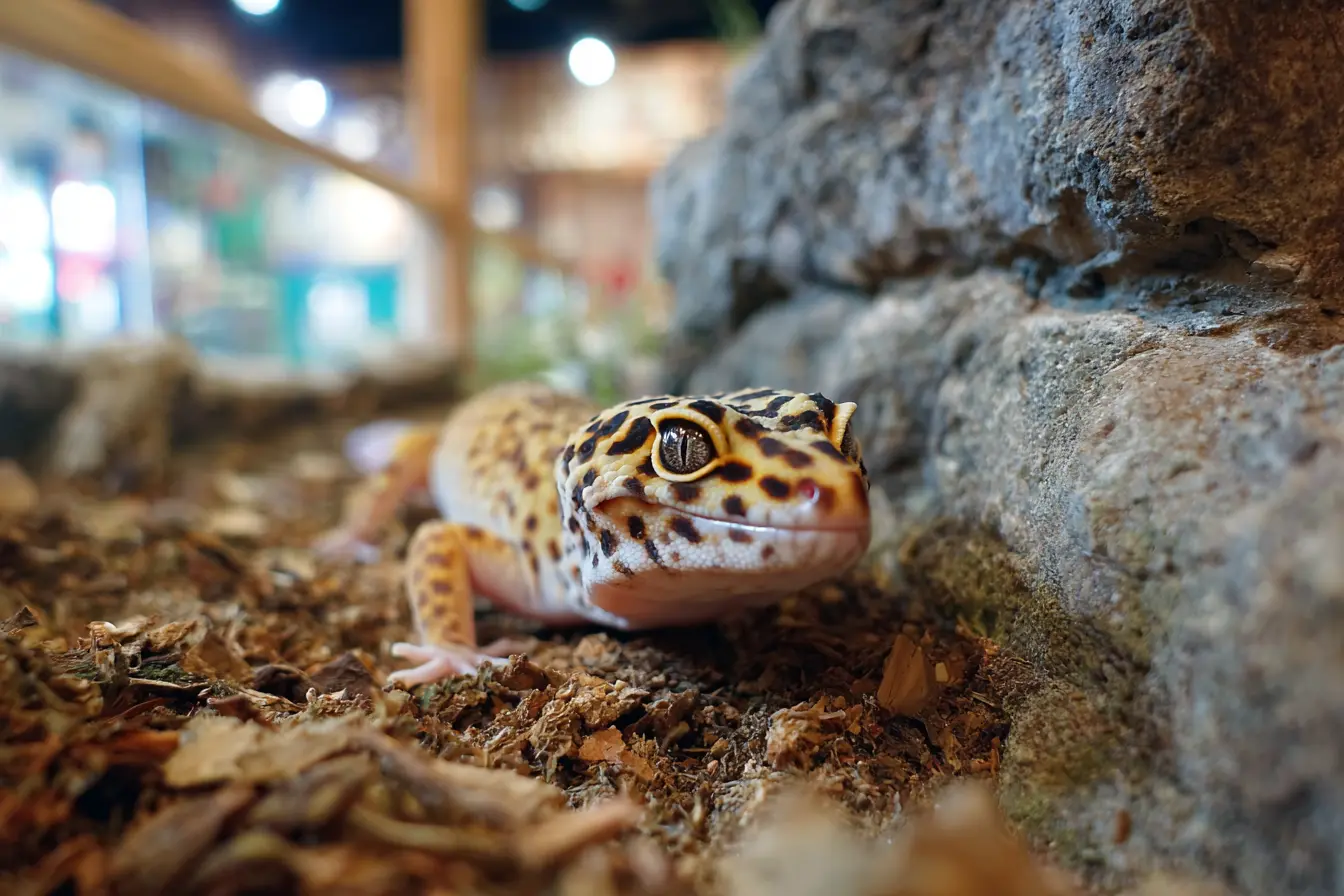
The Definitive Guide to Deworming Lizards
Lizards are diverse, fascinating creatures kept as pets around the world—from leopard geckos and bearded dragons to iguanas and monitors. While generally hardy in captivity, lizards are susceptible to a variety of internal parasites that can cause health problems if left unchecked. Deworming is a key part of reptile care, especially for wild-caught individuals, rescues, or those showing signs of illness.
In this comprehensive guide, you’ll learn everything you need to know about deworming lizards, including types of worms, symptoms of infestation, diagnosis, treatment protocols, and preventative measures.
Why Deworming Lizards Is Important
Internal parasites (also known as helminths) can live undetected in a lizard’s digestive system or other organs for extended periods. A mild parasite load may not cause visible problems, but as the infestation grows, it can severely impact health and even become life-threatening.
Deworming lizards ensures:
- Healthy growth and nutrient absorption
- Strong immune function
- Prevention of weight loss and lethargy
- Lower risk of transmitting parasites to other reptiles
- Long-term health and quality of life
Common Internal Parasites in Lizards
Lizards can host a range of parasitic worms, as well as protozoans. The most common internal helminths include:
Roundworms (Nematodes)
- Found in the intestines
- Cause malnutrition, bloating, and sometimes gut obstruction
Pinworms (Oxyurids)
- Particularly common in herbivorous lizards like iguanas
- Often asymptomatic in small numbers
- Can cause irritation and digestive upset if the load is high
Capillaria (Hairworms)
- Thread-like worms that may infect the gut or lungs
- May lead to diarrhoea, weight loss, and poor condition
Tapeworms (Cestodes)
- Require an intermediate host such as insects
- Reside in the intestines and can impair nutrient absorption
- Seen more often in wild lizards
Flukes (Trematodes)
- Less common but more damaging
- May affect the liver, lungs, or kidneys
- Can lead to organ damage and chronic illness
Lungworms
- Live in the respiratory tract
- Cause wheezing, open-mouth breathing, and respiratory distress
Signs of Worm Infestation in Lizards
Lizards often mask signs of illness until an infestation becomes advanced. Monitor your lizard for the following symptoms:
- Weight loss despite normal or increased appetite
- Lethargy or reduced activity
- Poor body condition or sunken fat pads
- Diarrhoea or unusual faeces
- Regurgitation
- Swollen abdomen
- Visible worms in faeces or around the vent
- Decreased appetite
- Respiratory signs (in the case of lungworms)
Regular health checks and faecal examinations are the best ways to detect parasites early.
How Lizards Get Worms
Lizards usually become infected by ingesting parasite eggs or larvae, often through:
- Eating infected prey (insects, rodents, or other reptiles)
- Contaminated food, water, or substrate
- Living in unsanitary enclosures
- Co-habiting with infected lizards
- Wild-caught collection or handling
Insects like crickets, roaches, and mealworms can also act as intermediate hosts for some parasites if not properly sourced or gut-loaded.
Diagnosing Worms in Lizards
Accurate diagnosis is essential before administering any deworming treatment. Don’t attempt to treat your lizard blindly. Diagnosis typically involves:
Faecal Examination
- A fresh faecal sample is examined microscopically for eggs or parasites
- Common methods include direct smear and flotation
- Some parasites shed intermittently, so multiple tests may be needed
Visual Observation
- In some cases, worms may be visible in faeces or vomit
- Heavily parasitised lizards may show worms around the vent
Radiography or Ultrasound
- May be used to detect internal blockages or lung involvement in severe cases
Veterinary consultation is highly recommended. Only an exotic or reptile-savvy vet can accurately diagnose and recommend treatment.
Deworming Medications for Lizards
Several anthelmintic drugs are used in reptiles, but dosages must be tailored carefully to the species and size of the lizard. Never use over-the-counter wormers without vet approval.
Fenbendazole (Panacur)
- Broad-spectrum dewormer
- Effective against roundworms and some other nematodes
- Administered orally, often in paste or liquid form
- Safe for many lizard species when dosed correctly
Ivermectin
- Effective against nematodes and some external parasites
- Potentially toxic to some reptiles (e.g. chameleons, dwarf geckos)
- Generally given via injection or oral dosing
- Used only under veterinary supervision
Praziquantel
- Effective against tapeworms and flukes
- Often combined with other drugs
- Requires precise dosage
Metronidazole
- Targets protozoan parasites such as flagellates
- Often used alongside worming treatments
- May cause side effects if overused
Important: Dosage depends on species, body weight, health status, and parasite type. Always consult a vet and never self-prescribe.
Deworming Protocol and Frequency
How often you should deworm your lizard depends on the circumstances:
- New lizard: Quarantine and treat if parasites are present
- Rescue: Assume parasites are present— test and treat early
- Routine: Captive-bred lizards in clean conditions may not need frequent treatment; test yearly as a precaution
- Follow-up: A second dose is often required 10–14 days after the first to catch newly hatched worms
Re-test faeces 2–4 weeks after treatment to confirm that the parasites have been eliminated.
Natural Deworming in Lizards
There is no proven or safe natural dewormer for lizards. Remedies like garlic, pumpkin seeds, or diatomaceous earth may be touted online but have no scientific basis in reptile medicine and may even cause harm.
Stick to veterinary-prescribed medication and good husbandry practices.
Preventing Worms in Lizards
The best approach to parasite control is prevention. These measures significantly reduce the risk of infestation:
- Quarantine new lizards for 60–90 days
- Feed only captive-bred, gut-loaded insects or pre-killed rodents
- Clean and disinfect enclosures weekly
- Remove faeces daily
- Use separate equipment for different enclosures
- Avoid overcrowding or co-housing incompatible species
- Test faeces once or twice a year
- Keep humidity and temperature appropriate for the species
A clean environment and good diet boost immune response and reduce susceptibility to parasites.
Can Reptile Parasites Infect Humans?
Most internal parasites in lizards are species-specific and do not infect humans. However, maintaining strict hygiene is still crucial:
- Wash hands after handling lizards or cleaning enclosures
- Wear gloves when handling faeces or substrate
- Don’t allow children to handle reptiles unsupervised
- Clean feeding tools and water bowls regularly
Conclusion
Deworming is an important aspect of lizard care, particularly for rescued individuals. While many captive-bred lizards remain parasite-free with good husbandry, routine testing and occasional treatment may still be necessary.
Work with a qualified reptile vet, follow good biosecurity practices, and stay alert to subtle signs of illness. With the right care, your lizard can lead a long, healthy, parasite-free life.
Contents
- Why Deworming Lizards Is Important
- Common Internal Parasites in Lizards
- Signs of Worm Infestation in Lizards
- How Lizards Get Worms
- Diagnosing Worms in Lizards
- Deworming Medications for Lizards
- Deworming Protocol and Frequency
- Natural Deworming in Lizards
- Preventing Worms in Lizards
- Can Reptile Parasites Infect Humans?
- Conclusion
Tags
Vets near you
Speciality vets
- Aquatics vet specialists
- Birds vet specialists
- Camelids vet specialists
- Cats vet specialists
- Cattle vet specialists
- Deer vet specialists
- Dogs vet specialists
- Equines vet specialists
- Exotic vet specialists
- Goats vet specialists
- Pigs vet specialists
- Poultry vet specialists
- Sheep vet specialists
- Small Mammals vet specialists
- Wild vet specialists
Vet facilities
- Accessible by public transport
- Blood testing
- Car park nearby
- Client car park
- Dentistry
- Diagnostic imaging
- Disabled public access
- Flea and worm treatments
- Microchipping
- Mobile services
- Neutering
- Open at weekends
- Out-of-hours service
- Referral interests
- Referrals only
- Street parking outside
- Toilets available
- Vaccinations
